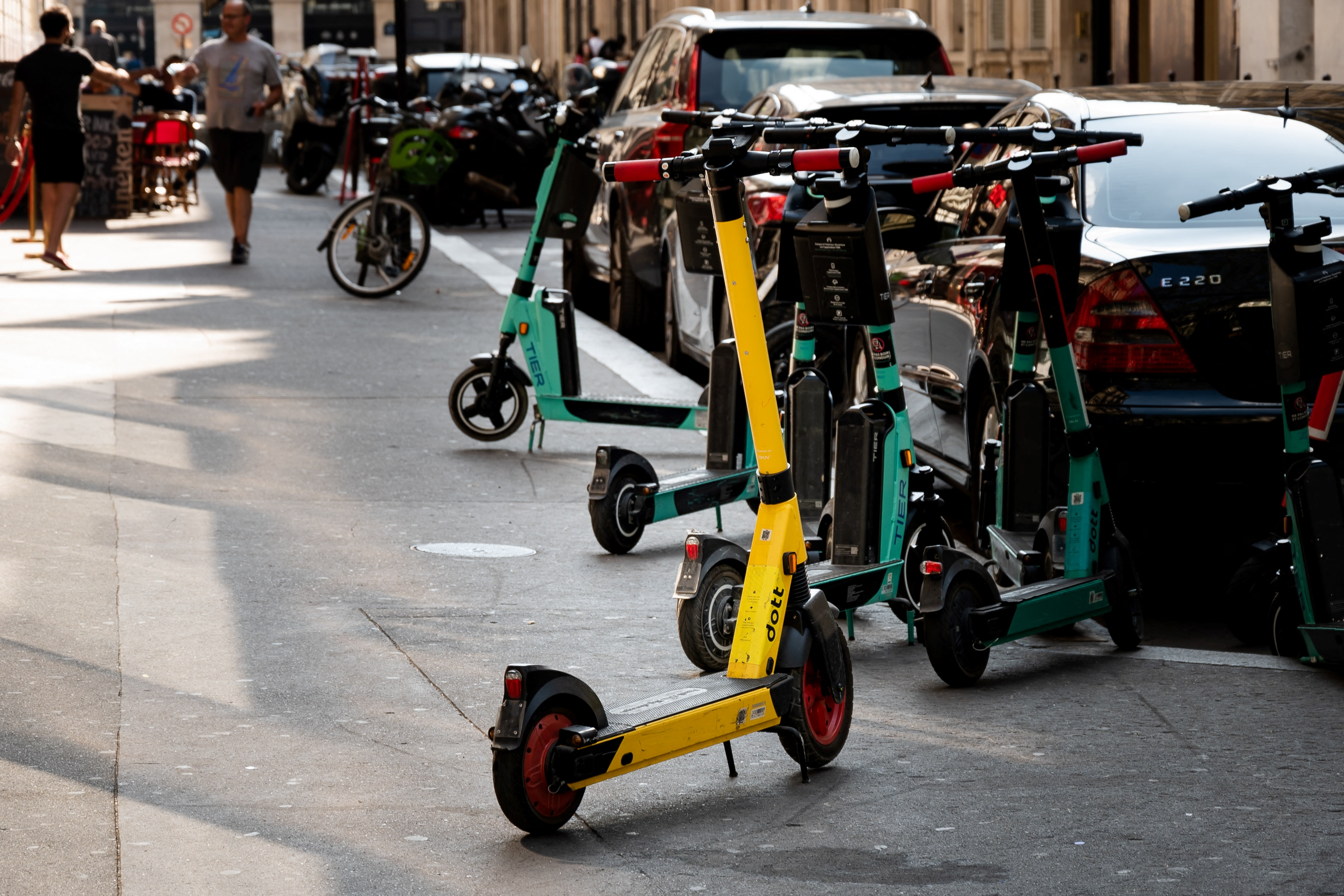
Parisians to vote over banning e-scooters

Paris City Hall is to hold an unprecedented vote on whether to keep shared e-scooters in one of the capitals of sort mobility /AFP
Parisians will have to go to the polling stations in their arrondissements to vote for or against keeping shared e-scooters on April 2nd. Pa


Comments
Ready to join the conversation?
You must be an active subscriber to leave a comment.
Subscribe Today